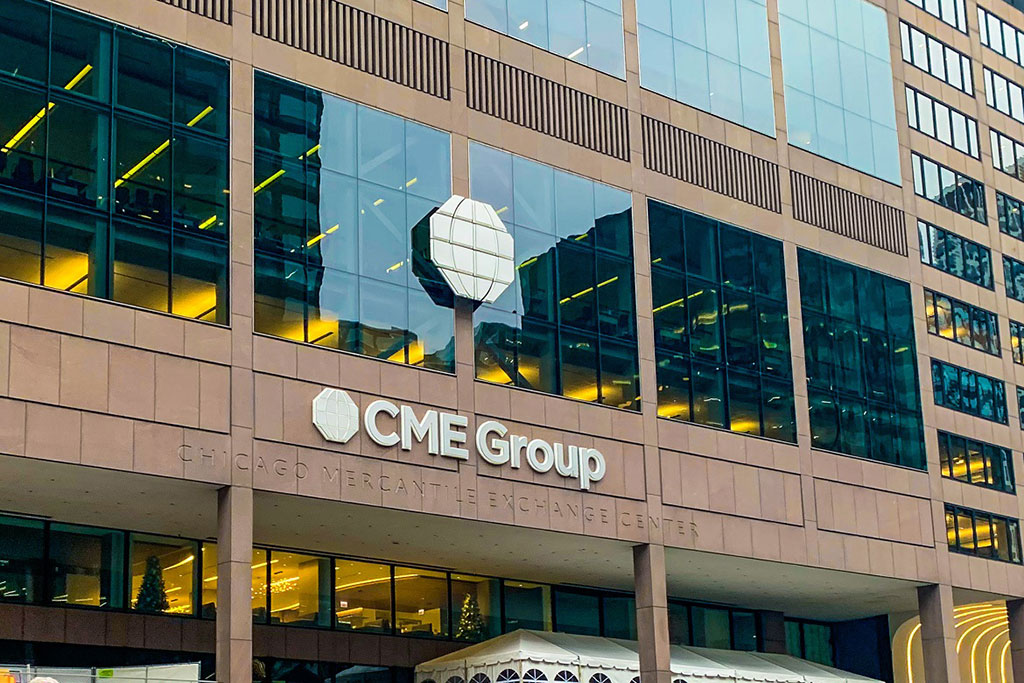Is Binance truly pulling the plug on Europe, or is there a deeper strategy at play? Binance, the titan of the crypto world, appears to be retracing its steps in Europe. But dig a little deeper, and their European strategy is more nuanced than meets the eye.
Facing regulatory giants
When you’re at the top, as Binance undoubtedly is, it’s inevitable that regulators will come knocking. And knock, they did. From potential charges in the U.S to the meticulous scrutiny from European watchdogs, Binance is under the global spotlight.
The company’s CEO, Changpeng “CZ” Zhao, even contemplated the drastic measure of discontinuing Binance’s U.S operations to salvage the broader enterprise.
Binance’s European adventures further unravel a tale of setbacks. Denied by Belgium, left out in the cold by the Netherlands, and choosing to make an exit from Cyprus, it’s easy to assume the company is on a downward spiral in the region.
However, with the impending European Union’s Markets in Crypto Assets (MiCA) regulation, Binance’s retreat may be a calculated consolidation. This new regulation promises crypto companies a single license, valid across all EU member states, making individual country licenses redundant.
Strategizing for MiCA’s new dawn
Binance’s seemingly shrinking European footprint is not merely an act of surrender but possibly a move to gear up for MiCA’s game-changer. The platform remains active in countries like France, Italy, Lithuania, Spain, Poland, and Sweden.
And while they may have retracted applications from certain jurisdictions like Germany and Austria, the broader goal remains clear – to position themselves for MiCA.
While MiCA promises a unified playing field, not all countries are created equal. Nations such as Italy and Spain have relatively simple registration processes, demanding minimal local infrastructure.
In stark contrast, powerhouses like France and Germany demand rigorous evaluations, deep-rooted local setups, and strong managerial oversight.
Germany, renowned for its meticulous financial standards, doesn’t roll out the welcome mat for crypto entities easily. Their rigorous regime demands concrete on-ground setups, extensive compliance checks, and proven IT infrastructures.
While this might deter many, those who navigate Germany’s intricate processes could transition seamlessly into the MiCA framework.
France: Binance’s European beacon?
France seems to be Binance’s European beacon of hope. Eager to make their mark in the crypto universe, France has been extending an olive branch to crypto enterprises.
The recent licensing of Societe Generale’s SG Forge by the French regulatory body, AMF, is testament to France’s crypto aspirations. Binance, though registered with AMF, is yet to clinch the coveted license.
CZ’s earlier predictions about Paris emerging as Europe’s crypto hub underscores Binance’s vested interest in the country. Yet, recent probes into the company’s operations in France throw a shadow of doubt over their licensing prospects.
However, all is not gloomy. Probes, as history has shown, don’t necessarily spell doom. Case in point: massive financial entities like Societe Generale and HSBC, subjected to tax fraud probes, continued their operations unabated.
In essence, while Binance’s European strategy may seem erratic to the untrained eye, it’s a tactical retreat. They’re recalibrating, eyeing the broader prize – a MiCA compliant presence across Europe.
Only time will tell if this strategy will yield the results Binance hopes for, but one thing’s for sure, the crypto giant is not exiting the European theater; they’re merely setting the stage for the next act.





